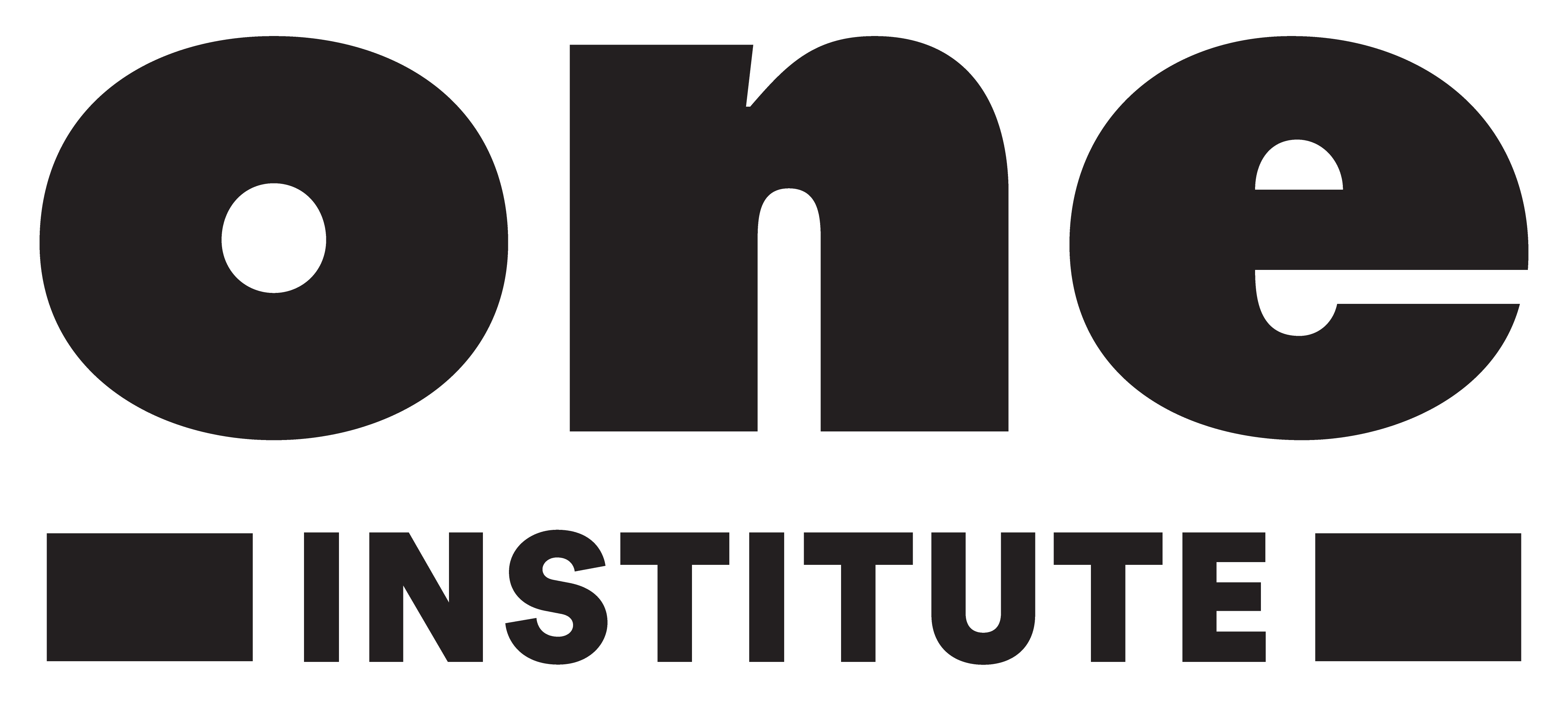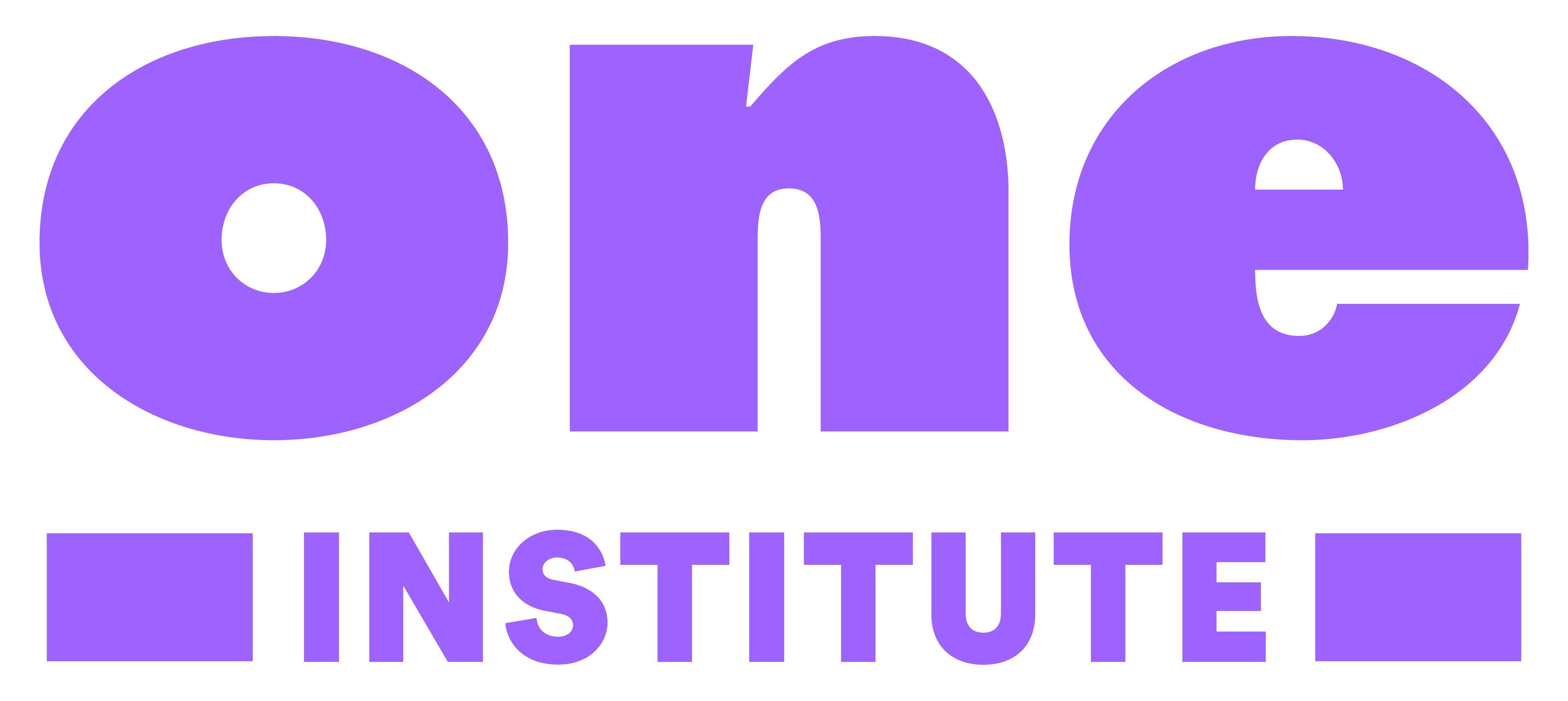History
Throughout his lifetime, Jim Kepner obsessively collected materials related to LGBTQ topics, issues, and individuals. Kepner began his collection in 1942 with the purchase of Radclyffe Hall’s book The Well of Loneliness. After moving to Los Angeles, Kepner attended his first meeting of the Mattachine Society, an early homophile organization founded in 1951.
Later that year, several members of the Mattachine, including educator and activist W. Dorr Legg, met to discuss creating a magazine for homosexuals. In November 1952 they formed ONE Inc. and in January 1953 published the first issue of ONE Magazine, which would become the first widely distributed publication for homosexuals in the United States. The magazine featured articles, editorials, short stories, book reviews, and letters to the editor.
Kepner, a frequent contributor to ONE Magazine, along with Legg and Dr. Thomas M. Merritt, went on to found the ONE Institute, the educational arm of ONE Inc. that conducted seminars and published a journal. While ONE Magazine ceased publication in 1967, under Legg’s guidance the Institute continued to advocate and educate, eventually issuing advanced degrees in “Homophile Studies.”
In 1971, Kepner named his collection, then housed in his rented Hollywood apartment, the Western Gay Archives. His archives would later move to a storefront space in Hollywood, becoming the National Gay Archives, and later, the International Gay & Lesbian Archives, to reflect the growing scope of the collections.
In 1994, Kepner’s archives merged with the ONE Institute, and in 2000 moved to its current location provided by the University of Southern California. The archives would later be renamed ONE National Gay & Lesbian Archives. In October 2010, the collections at ONE Archives became a part of the USC Libraries system. Today, ONE Archives is the oldest continuing LGBTQ organization in the United States and the largest repository of LGBTQ materials in the world.
Timeline
October 1952
The idea of a magazine for homosexuals is first discussed in a Mattachine meeting.
November 1952
ONE Inc. is founded.
January 1953
The first issue of ONE Magazine is published.
August/September 1953
The Los Angeles postal authorities seize the August edition of ONE Magazine. The issue, which bore the title “Homosexual Marriage?” on the cover, is released three weeks later without explanation.
November 1953
ONE Inc. opens an office in downtown Los Angeles at 232 South Hill Street.
1954
The Los Angeles postal authorities seize the October issues of ONE Magazine on charges of obscenity.
1956
The ONE Institute for Homophile Studies opens.
January 13, 1958
After four years of litigation, the Supreme Court declares ONE Magazine is not in violation of obscenity laws.
1962
ONE Inc. moves to 2256 Venice Boulevard.
1967
ONE Magazine ceases publication.
1975
Jim Kepner’s personal archive is named the Western Gay Archives.
1979
The Western Gay Archives is renamed the National Gay Archives: Natalie Barney/Edward Carpenter Library and moves to 1654 North Hudson Avenue in Hollywood.
August 1981
ONE Institute becomes the first institution of higher learning in the United States to offer masters and doctoral degrees in Homophile Studies.
1983
ONE Inc. moves into the Milbank Estate at 3340 Country Club Drive purchased by philanthropist Reed Erickson. Soon after, for reasons uncertain, Erickson seeks to have ONE removed from the estate.
1984
The National Gay Archives is renamed the International Gay & Lesbian Archives (IGLA).
1988
IGLA moves to a space owned by the City of West Hollywood at 626 North Robertson Boulevard (the current location of the ONE Archives Gallery & Museum).
1994
W. Dorr Legg dies.
ONE Inc. merges with the IGLA and becomes primarily an LGBTQ archive; the organization refers to itself as ONE Institute and ONE Institute/IGLA.
1997
Jim Kepner dies.
2000
ONE Institute/IGLA moves to its current location at 909 West Adams Boulevard provided by USC.
2004
The organization is renamed ONE National Gay & Lesbian Archives.
October 2010
The collections at ONE Archives become a part of the USC Libraries.
2014
The organization is renamed One Institute.

